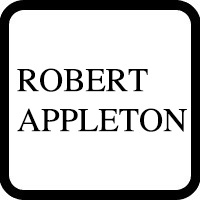Whitestone RICO Act Lawyer, New York
Sponsored Law Firm
-
 x
x

Click For More Info:
-
Marcia A Murphy Law Offices
1825 Park Ave Suite 1102 New York, NY 10035» view mapCriminal Defense Law A Law Firm You Can Trust
Let the Marcia A. Murphy Law Office handle all your criminal defense matters today!
800-949-5641
Robert Michael Appleton
✓ VERIFIEDInternational, Criminal, Government, White Collar Crime, RICO Act
Robert M. Appleton is a world renowned and internationally recognized cross border litigation attorney focused on assisting global, foreign and US co... (more)
Harlan J. Protass
Litigation, White Collar Crime, RICO Act, Criminal
Status: In Good Standing Licensed: 28 Years
 Marcia Murphy Biondo New York, NY
Marcia Murphy Biondo New York, NY Practice AreasExpertise
Practice AreasExpertise

